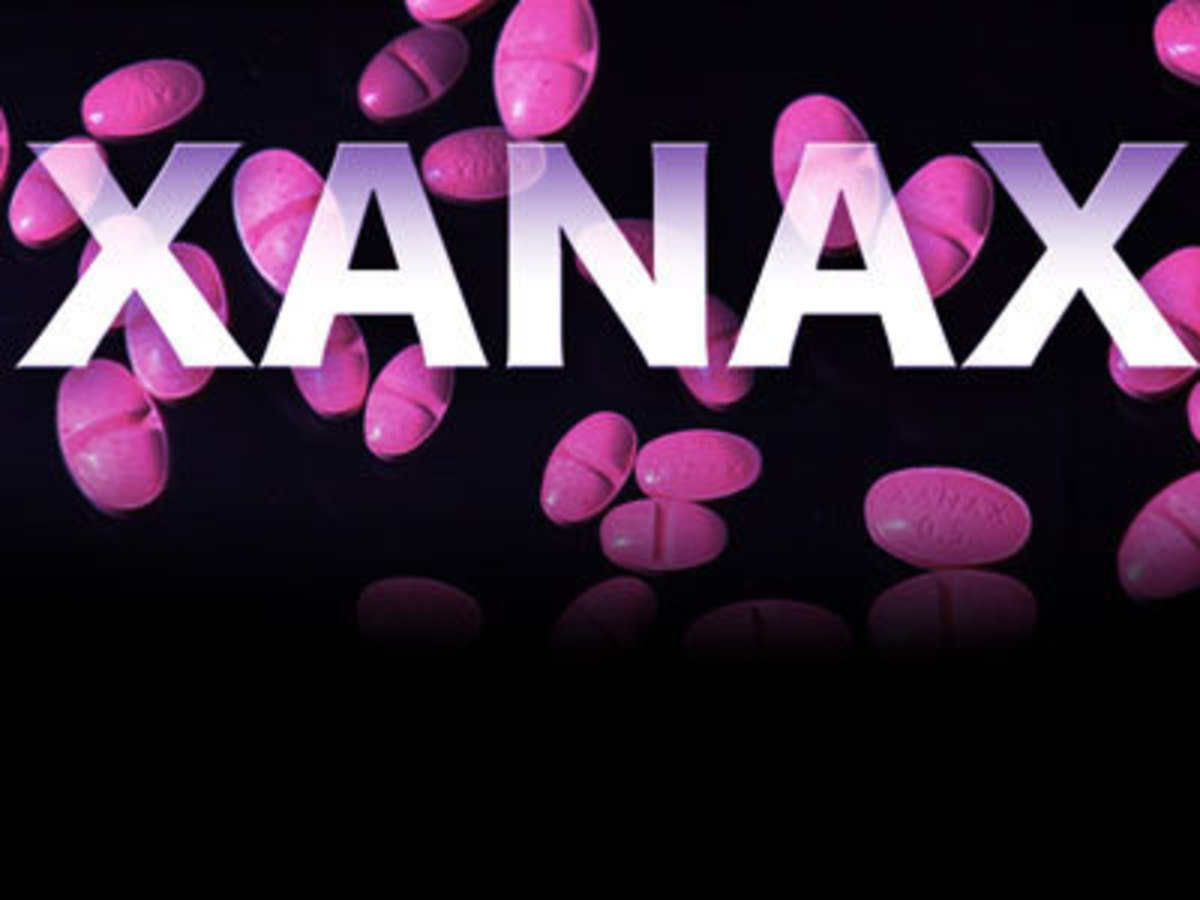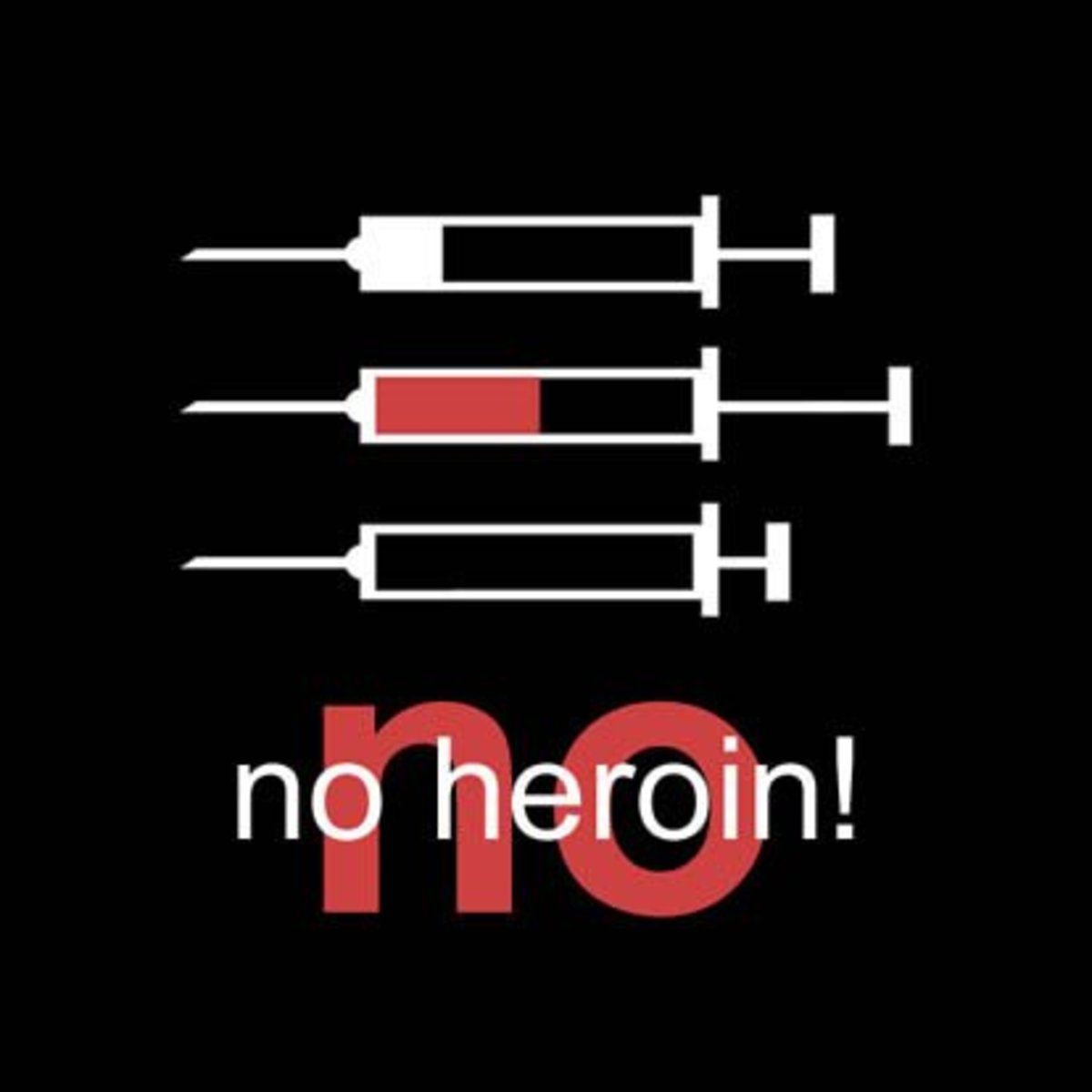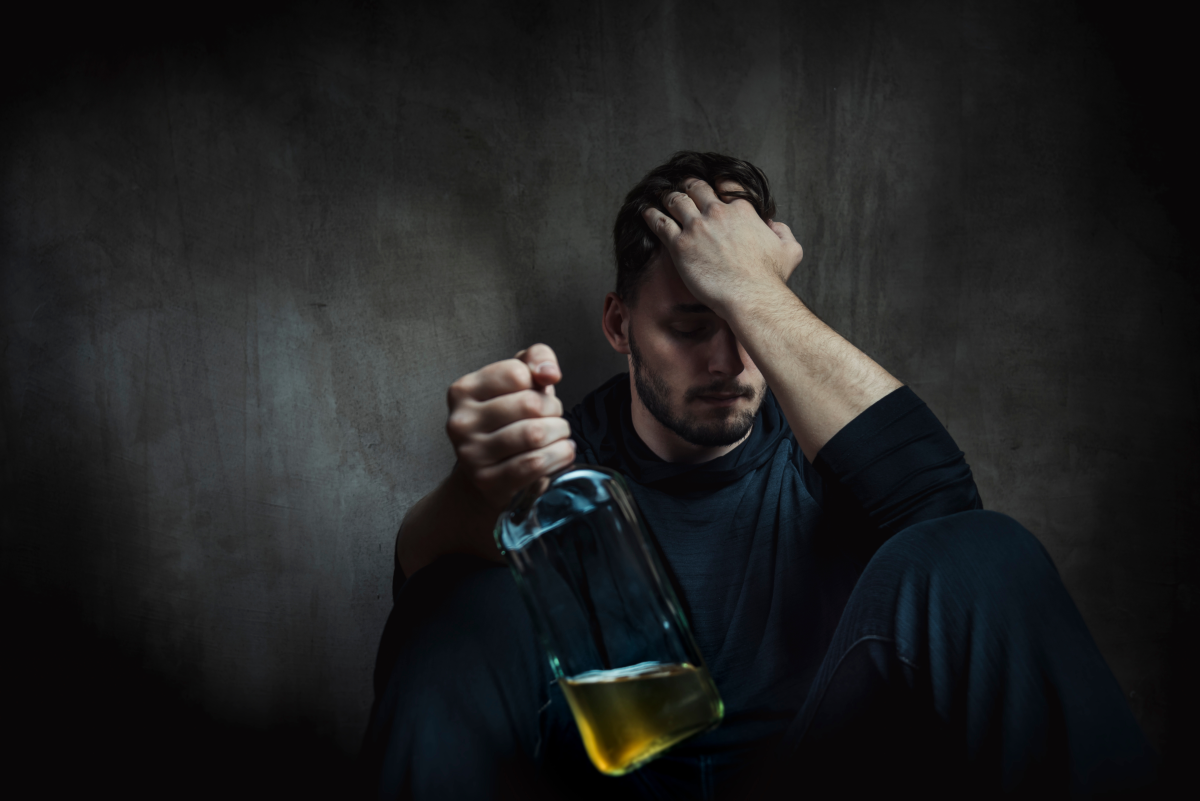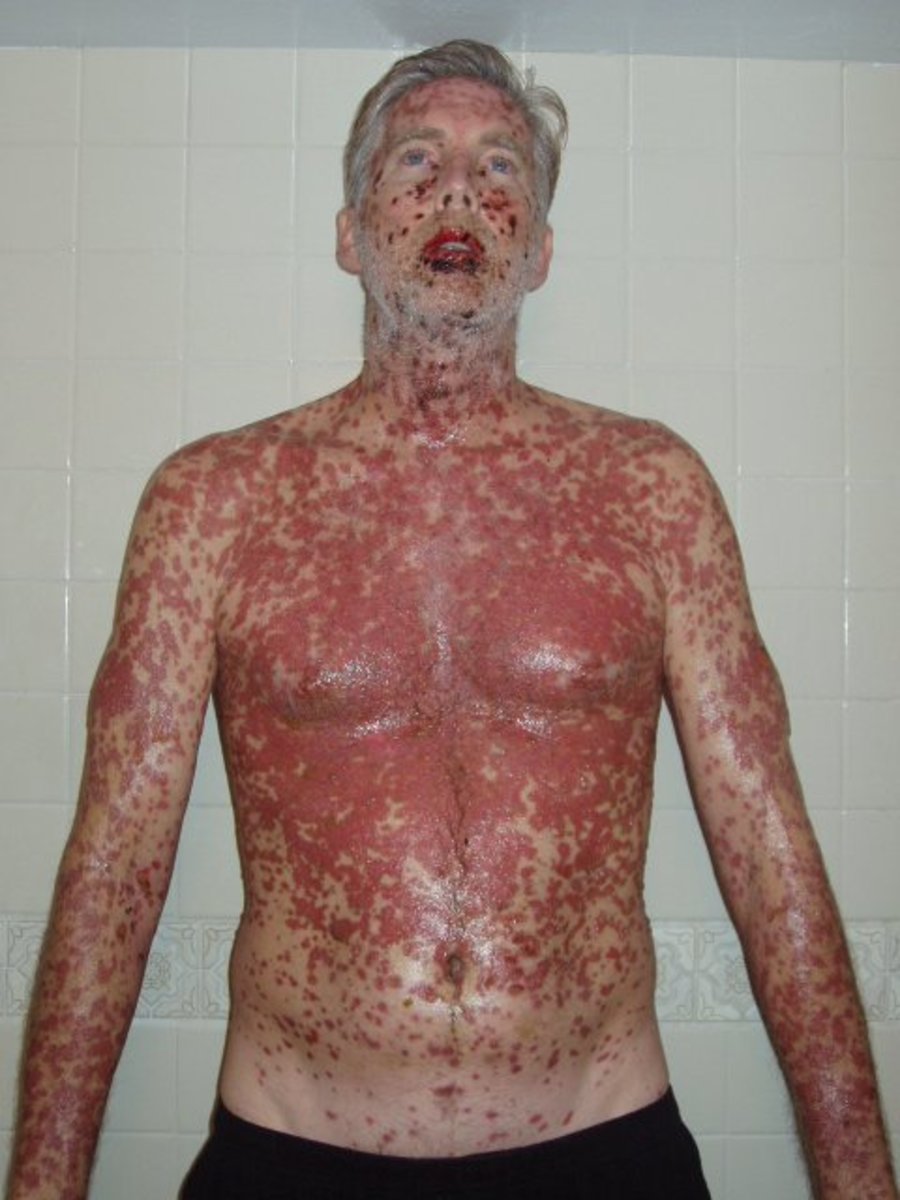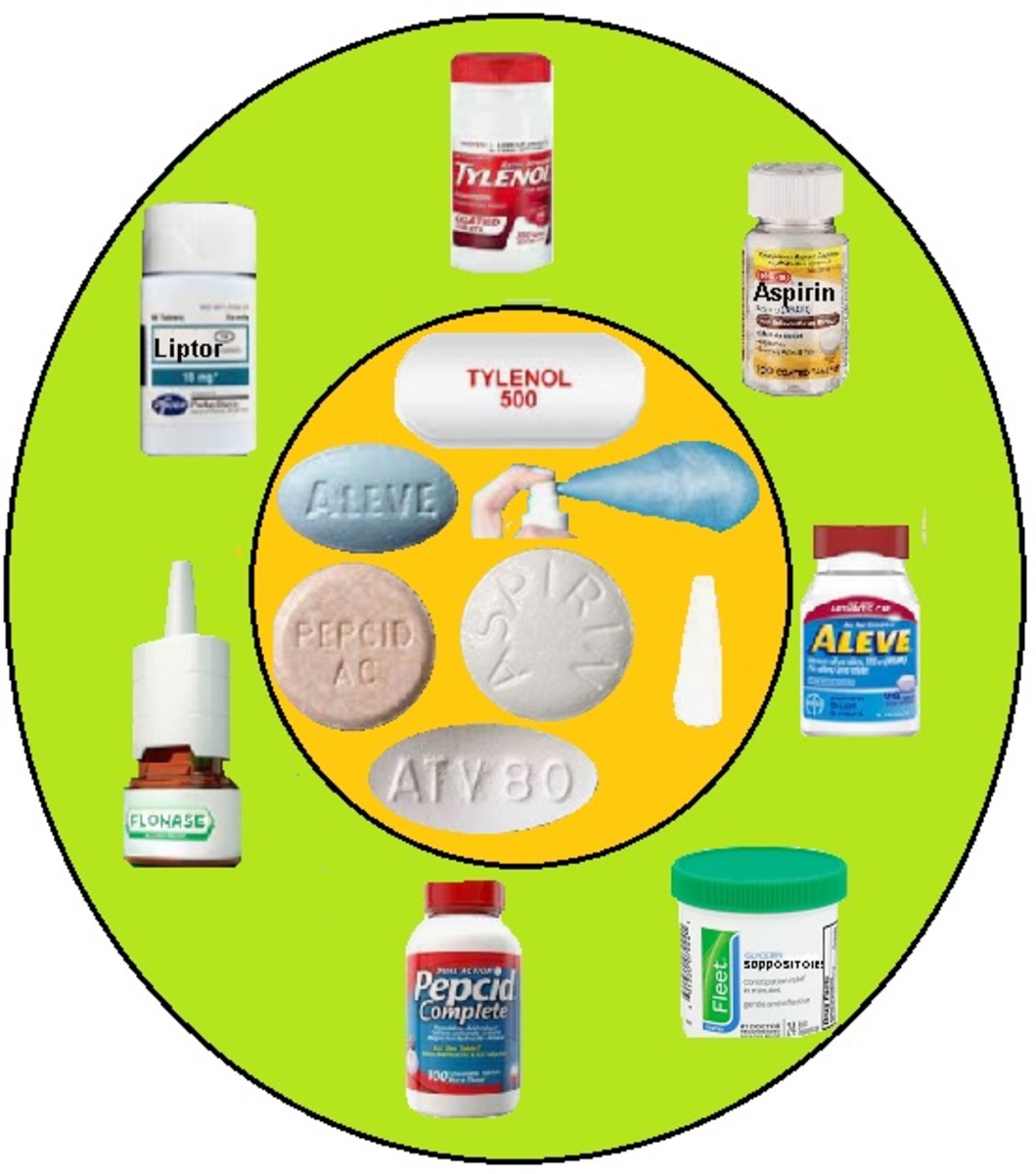Medication Assisted Recovery
Is Medication Assisted Recovery Trading One Addiction For Another?
When an addict is seeking recovery from an addiction he or she is faced with the choice of trying to quit cold turkey and suffering withdrawal symptoms or choosing medication assisted recovery that will avoid the symptoms associated with detoxification.Withdrawal symptoms can vary in level of discomfort and severity depending on how physically dependent a person has become on the drug and how long the substance has been used. Over a period of time when a substance has been used for the purpose of reaching a high, more and more of the substance becomes required to achieve the high. This is due to the body's ability to develop a tolerance of the drug. Frequent usage that produces a higher tolerance level will also intensify and prolong the severity and length of withdrawal. A higher tolerance level that requires more of the drug of choice applies to any substance that is abused including, but not limited to alcohol and opiates, two of the most commonly abused substances.
Early symptoms of opiate withdrawal include agitation and anxiety, muscles aches that mimic flu symptoms, watery eyes,runny nose, insomnia, sweating and even yawning. Any and all of these symptoms can be disruptive to daily life as well as uncomfortable and unmanageable.
Later symptoms include abdominal cramping, diarrhea, nausea and vomiting, goose bumps and dilated pupils and blurred vision, rapid heartbeat and high blood pressure. These symptoms, both the late and early, can be enough to cause an addict to relapse to escape the discomfort of the withdrawal.
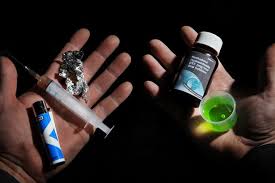
Methadone has long been available for opiate withdrawal,but it is also a powerful opioid and could be viewed as more of a "managed addiction" than actual detoxification and abstinence from drug use. Methadone, like heroin, is a full mu opioid agonist and continues to produce effects on the opioid receptors in the brain until either all receptors are fully activated, or the maximum effect is reached. This drives the question of whether or not methadone treatment is true recovery or just "managed addiction."
Methadone was originally developed in Germany, during World War I and was introduced introduced to the United States in 1947.It was initially used as a long-acting painkiller in surgical and cancer patients. Roughly three years later methadone began to be used as a withdrawal treatment for heroin and morphine addictions.In light of the fact that the driving force behind addiction is most often to drown out emotional or mental pain this might appear to be the perfect solution. On the down side, methadone is also addictive and is not recommended for long term use. Like any opiate, as well as methamphetamine, the first dose of methadone is considered the most intense. This will cause many addicts to continue using to seek that level of high. Withdrawal usually occurs within 30 hours of last administration of methadone. Withdrawal symptoms from methadone mirror the withdrawal symptoms of opiate addiction if used over the short term. If managed properly and used correctly the idea is to lessen or reduce withdrawal symptoms that would be experienced if the addict stops using abruptly. In a perfect scenario the dose could be tapered off and eventually discontinued. Unfortunately, there are those who are unable to be successful with short term treatment as well as those who relapse and return for more treatment. Long term use of methadone adds a risk of breathing difficulties, coma and even death to withdrawal symptoms. Recovering addicts are even more susceptible to death if they abuse methadone after having detoxed from it.
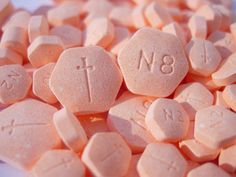
Suboxone is another one of the medications used to treat opiate withdrawal symptoms and facilitate sobriety. Unlike Methadone, Suboxone is a partial agonist. This means that Suboxone does not activate mu receptors the same way that methadone does.The effects of Suboxone increase until they peak. Once the effects have peaked they will go no higher even if the dosage is increased. This sounds great, but it does not stop an addict from trading Suboxone for opiates. There is also the issue of using the Suboxone to avoid withdrawals after drug use. Many addicts will stockpile their Suboxone to use after a drug binge. Taking htat in to consideration , for some the use of Suboxone has merely added another dimension to the pursuit of their addiction; the quest for Suboxone to keep them from being "dope sick."There have been reported cases of buprenorphine poisoning , seizures causing emergency room visits, and even death despite the fact that there are a limited number of doctors who are allowed to prescribe the drug. This also begs the question of whether or not the addict is getting any real sobriety or just a form of "managed recovery."
Medication Assisted Recovery-Helpful or Harmful?
Do you feel medication assisted recovery is trading one addiction for another?

Vivitrol is a third option for managing both addiction and alcohol. It has been promoted by and used by experts in the field of addiction, including Dr.David Ohlms,, a Missouri physician specializing in the fields of alcoholism and addiction for thirty plus years. I had the privilege of hearing Dr. Ohlms speak in 2013. His presentation on Vivitrol was very impressive and the idea behind the drug sounds like a miracle cure.
Vivitrol is an intramuscular injection that blocks the effects of narcotic medicines and alcohol.It can also be used to prevent relapse. If administered in 30 day intervals by a health care professional there is no chance for abuse of the medication.This removes the ability to abuse it as a medication for dope sickness or trade it on the street. According to Dr. Ohlms, Vivitrol is a full agonist and blocks all the opiate receptors in the brain, this , in turn, removes the possibility of achieving a high or becoming drunk. According to Dr. Ohlms an addict or alcoholic can indulge all they want, but they will never achieve a state of high or drunkenness.
Some people in recovery swear by Vivtrol and say that it reduces cravings. But physical cravings aside, what happens when a trigger comes along that spurs an addict to medicate? Unless the underlying causes that are behind the addiction are addressed and resolved an addict will still feel the need to medicate. With Vivitrol, using could mean death. Addicts are accustomed to use larger amounts in order to achieve a high so they may not accept that no high will come regardless of the amount of drugs used. This carries the risk of death from overdose minus the anticipated escape from the emotional or mental pain agent. For alcoholics it carries the risk of death from alcohol poisoning from drinking too much minus the anticipated effects. Overdose deaths have been reported associated with drug and alcohol use when being treated with Vivitrol.
Is medication assisted recovery helpful or harmful? The answer to that question may lie in the mind of the addict or alcoholic who is faced with the choice. Any form of recovery that is reinforced by counseling and/or a 12 Step program tends to have a higher success rate as far as achieving and maintaining sobriety. If you or a loved one are faced with this decision know all the facts before making a choice.


